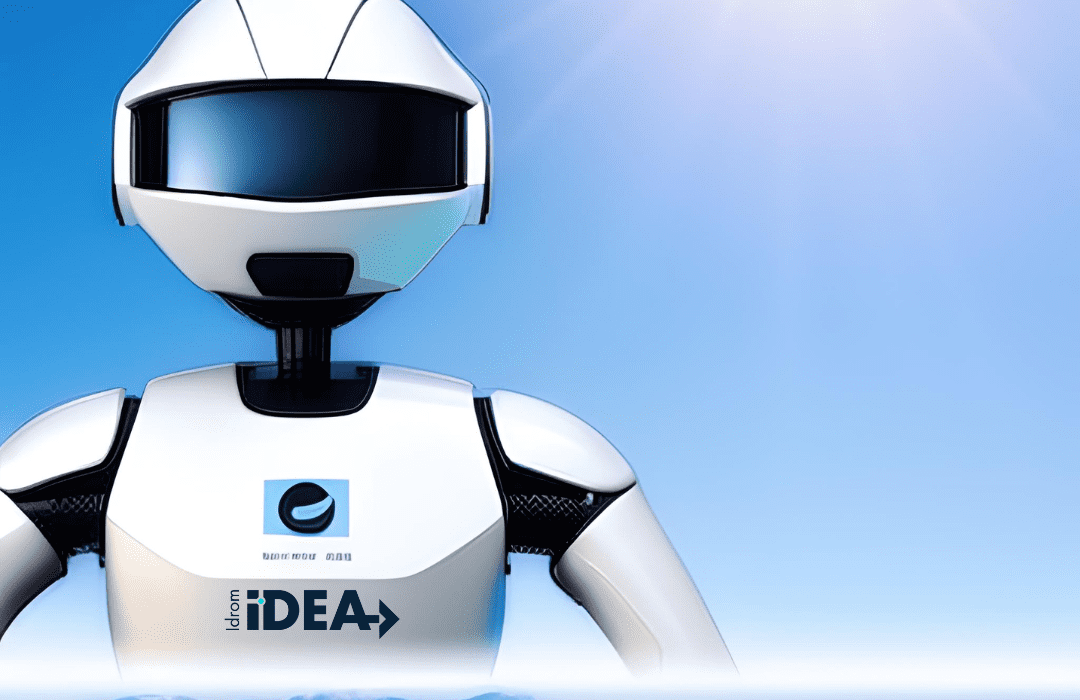Artificial intelligence is transforming our lives
The technologies of artificial intelligence (AI) they are changing the world in ways that were previously hard to imagine. From the machine learning until the computer vision, these technologies are transforming various industries and allowing machines to perform tasks that previously only humans could do.
He machine learning It is used to make personalized recommendations on e-commerce websites, detect fraud in financial transactions, and perform predictive maintenance in industrial environments.
The robotics It is used to automate tasks in industrial manufacturing, healthcare, and transportation, reducing the need for human intervention. He natural language processing enables the creation of chatbots, virtual assistants, and sentiment analysis of social media data for marketing.


computer vision It is used for object detection, augmented reality, and medical image analysis. Finally, deep learning uses artificial neural networks for image and speech recognition and natural language translation.
In IDEA, these AI technologies are improving the efficiency and accuracy of tasks that were previously manual or time-consuming. As an electronic design professional, I am excited to see how these technologies will continue to advance and improve our lives.

Examples:
- geolocation It is used in fleet and logistics management, allowing vehicle tracking and route optimization in real time thanks to AI algorithms.
- The monitoring of machinery and processes in real time through sensors connected to the cloud allows early detection of failures and proactive decision making, reducing costs and increasing efficiency.
- Process control and task automation are becoming increasingly sophisticated thanks to machine learning and the use of collaborative robots, allowing greater flexibility in production and a reduction in human errors.
Artificial intelligence (AI) has been one of the most revolutionary technologies of the modern age, changing the way we interact with machines and how we process information. AI has been defined as the ability of machines to perform tasks that would normally require human intelligence, such as learning, perception, and reasoning. The history of AI dates back to the 1950s, when scientists began to explore the possibility of creating intelligent machines.
The pioneer in the field of AI was alan turing, who in the 1950s proposed a test to determine whether a machine could exhibit intelligent behavior indistinguishable from that of a human. However, it was in the 1960s that AI began to take shape thanks to the creation of the first programming languages and software systems capable of performing tasks that were previously exclusive to humans.


A prominent example was the development of the chess program of IBM, Deep Blue, who in 1997 managed to beat the then world chess champion, Garry Kasparov. This milestone demonstrated that AI could surpass human capacity in certain tasks.
Since then, AI has evolved by leaps and bounds and has been applied in a wide variety of industries. AI has enabled the development of smarter and more efficient devices, such as voice assistants and home automation systems.

In the transportation and logistics industry, AI is used to optimize delivery routes and improve efficiency in fleet management. In the healthcare industry, AI is used for disease diagnosis and treatment, and in the financial industry, AI is used for fraud detection and investment decision making.
The internet of things (IoT) is another area where AI is being applied successfully. The IoT refers to the interconnection of devices, sensors and everyday objects via the Internet, and AI is used to analyze and process the data that is generated. For example, sensors in a factory can transmit data about the efficiency of processes to an AI system, which will process it and offer recommendations to improve efficiency.
He image recognition is another area where AI has been successful. AI algorithms can analyze large amounts of images and automatically classify them based on their content, which is used in applications such as surveillance and security. They are also used to recognize faces and in biometric security systems.
He text-to-speech is another interesting application of AI, which allows machines to process and understand human language. This is used in applications such as virtual assistants, which can answer complex questions and perform complex tasks such as booking flights and making purchases.
Artificial intelligence is a constantly evolving field and has the potential to profoundly transform the way we live and work. As AI systems become more advanced, accurate, and reliable, the technology is expected to have an increasing impact across a wide range of industries and applications.


From healthcare to transportation, artificial intelligence can improve efficiency, accuracy, and the ability to make informed decisions. Furthermore, it can also solve some of the challenges like fighting climate change, reducing poverty and improving education.
However, it is also important to address the ethical and social challenges associated with the implementation of artificial intelligence. There is a need to ensure that technology is used responsibly and fairly, without creating or perpetuating bias or discrimination.

In short, artificial intelligence has the potential to be a revolutionary advance for technology and humanity in general. If implemented and used responsibly and ethically, it can help us meet some of the most pressing challenges of our time and significantly improve our lives.



